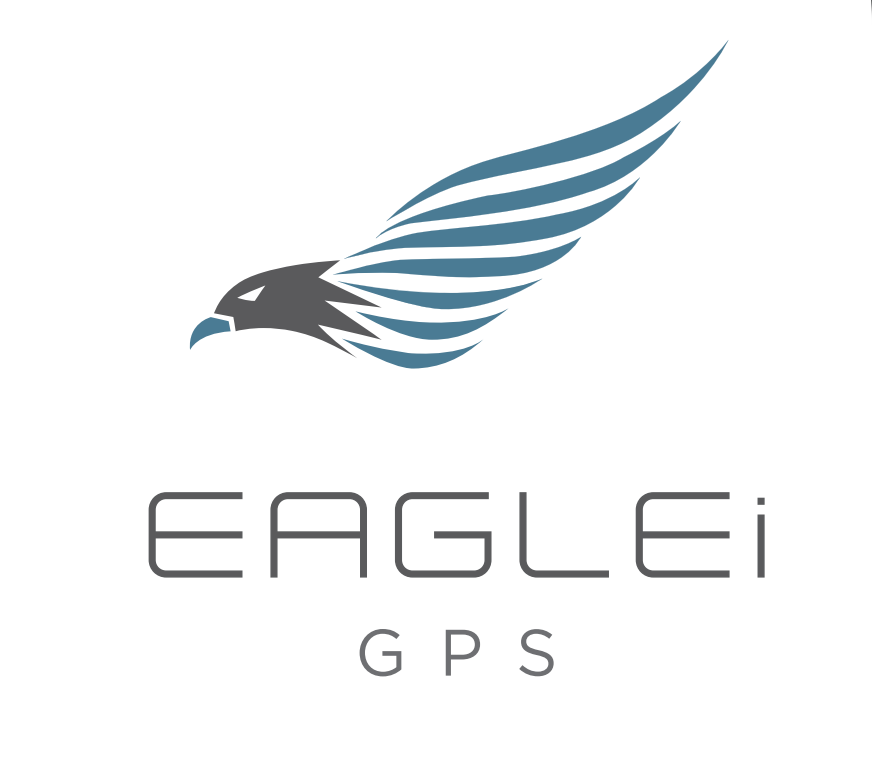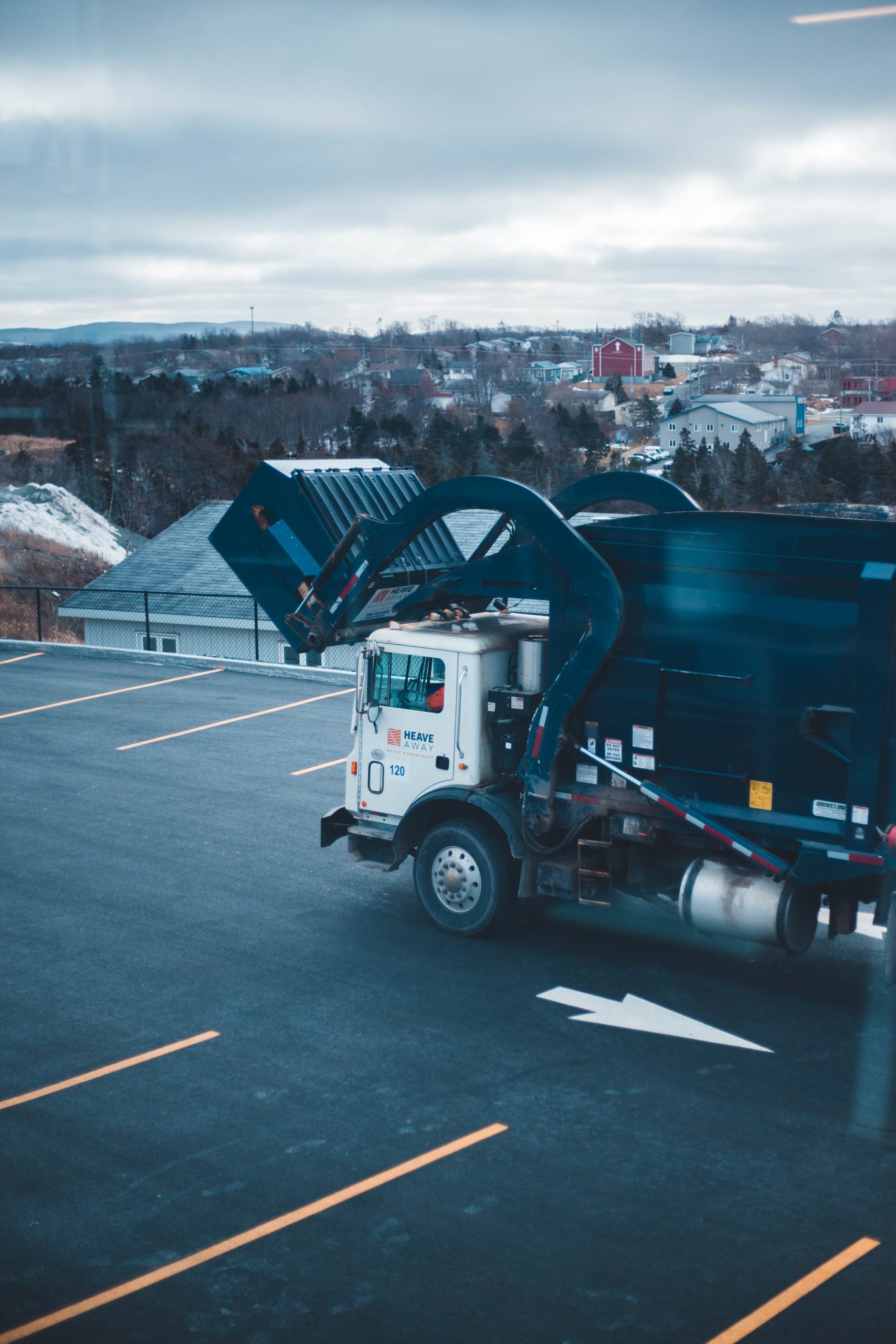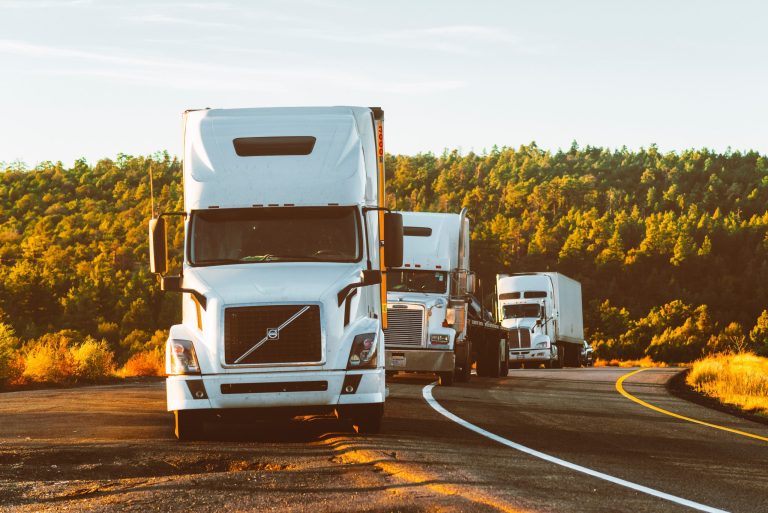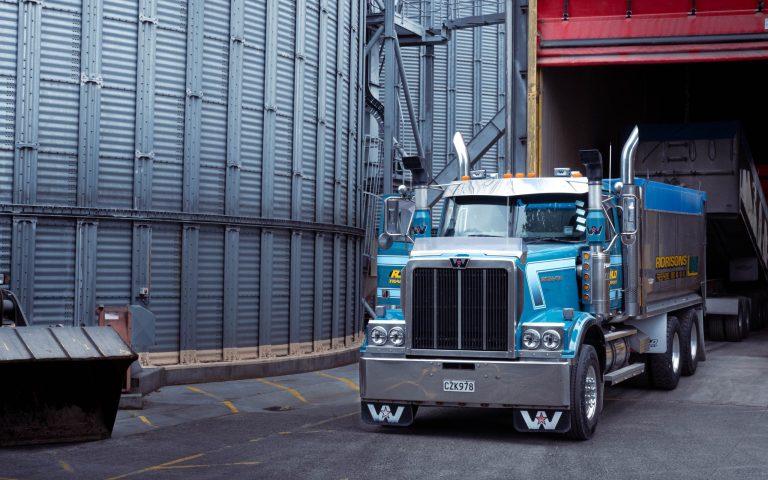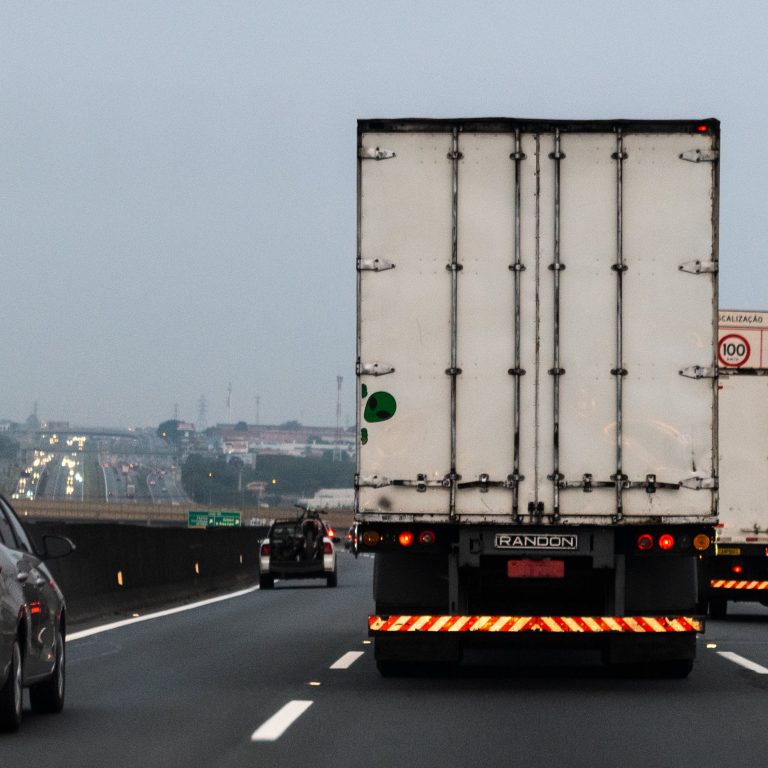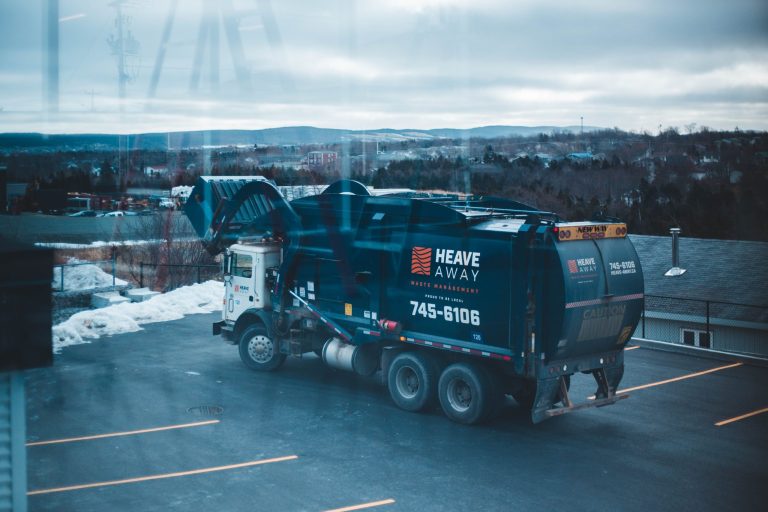Harnessing Synergy: Waste Management Sensors and GPS Fleet Tracking
The modern times call for industries to adopt new technologies to handle problems more effectively. Among the many tech solutions, combining waste management sensors with GPS tracking is a key improvement for waste management companies. This article looks at how these technologies work together and why they’re important for a sustainable and efficient future in waste management.
Delving into the Technological Confluence
The combination of waste management sensors and GPS fleet tracking is not just a tech-smart decision but a crucial strategy. The collaboration between these technologies offers many benefits essential for today’s waste management operations.
The Core Mechanism
- Waste Management Sensors: Embedded in waste containers, these sensors measure the level of waste and relay the information to a central system.
- GPS Fleet Tracking: Provides real-time location and performance data of waste collection vehicles, enabling optimized routing and scheduling.
Operational Efficiency Reimagined
The integration of these technologies fosters a new epoch of operational efficiency, marked by informed decision-making and optimized resources.
Real-Time Monitoring and Scheduling
With real-time data from waste sensors and GPS fleet tracking, waste collection schedules can be dynamically adjusted, ensuring timely collection and reduced operational costs.
Route Optimization
The real-time location data of waste collection vehicles, coupled with the fill-level data from waste containers, enables the crafting of optimized routes, minimizing fuel consumption and time on the road.
Sustainability and Compliance
Harnessing the power of these technologies also paves the way for enhanced sustainability and compliance with environmental standards.
Reduced Carbon Footprint
By optimizing routes and schedules, the emissions associated with waste collection operations are significantly reduced, contributing to a lower carbon footprint.
Regulatory Compliance
The data accrued through waste sensors and GPS tracking is instrumental in adhering to regulatory compliance, providing verifiable proof of timely waste collection and disposal.
The Road Ahead: A Smarter Waste Management Ecosystem
The fusion of waste management sensors and GPS fleet tracking is a precursor to a smarter, data-driven waste management ecosystem.
Integration with Smart City Initiatives
As cities evolve towards smart city frameworks, the integration of these technologies will be central to efficient waste management, aligning with broader urban sustainability goals.
Predictive Analytics and Future-Ready Operations
The data harvested through this integration sets the stage for predictive analytics, enabling proactive waste management practices and future-ready operations.
Conclusion
The narrative of modern waste management is being rewritten with the ink of technological innovation. The integration of waste management sensors with GPS fleet tracking is not just a fleeting trend but a cornerstone for building a sustainable and efficient waste management system. As we venture into a future where data is key to operational excellence, embracing this technological blend is not just wise but paramount for waste management enterprises aiming for a greener, smarter, and more efficient operation.
